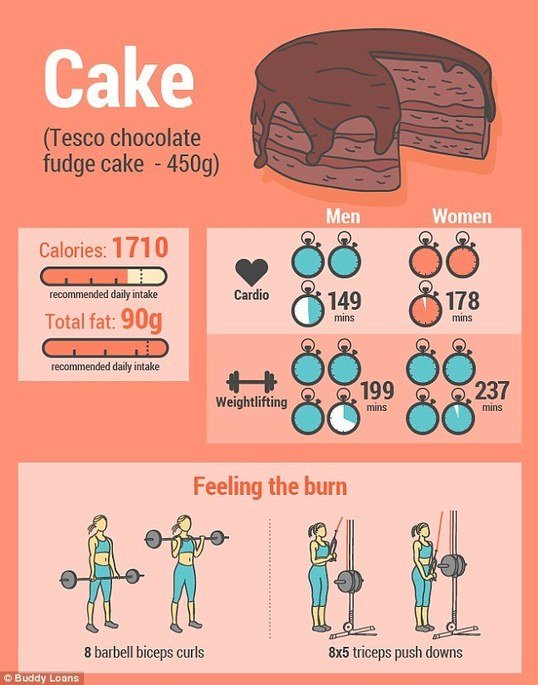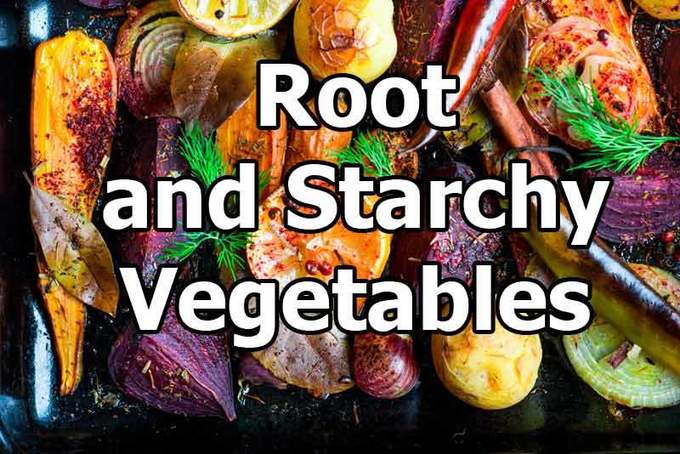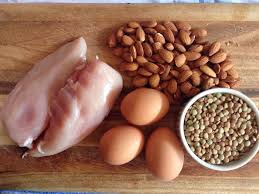Ghee is produced from grass-fed butter which is derived from milk of grass-fed cows. Hence, it’s neither dairy free, nor vegan. However, ghee is suitable for people suffering from lactose intolerance. Let’s find out how!
Ghee is made by heating clarified butter until all moisture evaporates. Foam will float at the surface during the heating process. The butter is filtered, and the proteins in the foam are sieved out. People with lactose intolerance are usually allergic to milk sugar (lactose) and/or milk protein (which is mainly casein). Ghee hardly contains milk products as they are removed during the heating process of the butter.
Ordinary butter consists of 82% fat with the remaining 18% accounting for proteins, milk sugar and water. As ghee contains more than 99% of fats, the amount of protein and milk sugar is therefore negligible (ghee is considered casein free) and suitable for most people with lactose intolerance. Notably, regular milk contains 5% of lactose versus less than 0.0001% in ghee.
Read the full article of Go-keto here. Go-keto is an online boutique which offers a variety of keto friendly foods and supplements that shall accompany you throughout our keto program.




